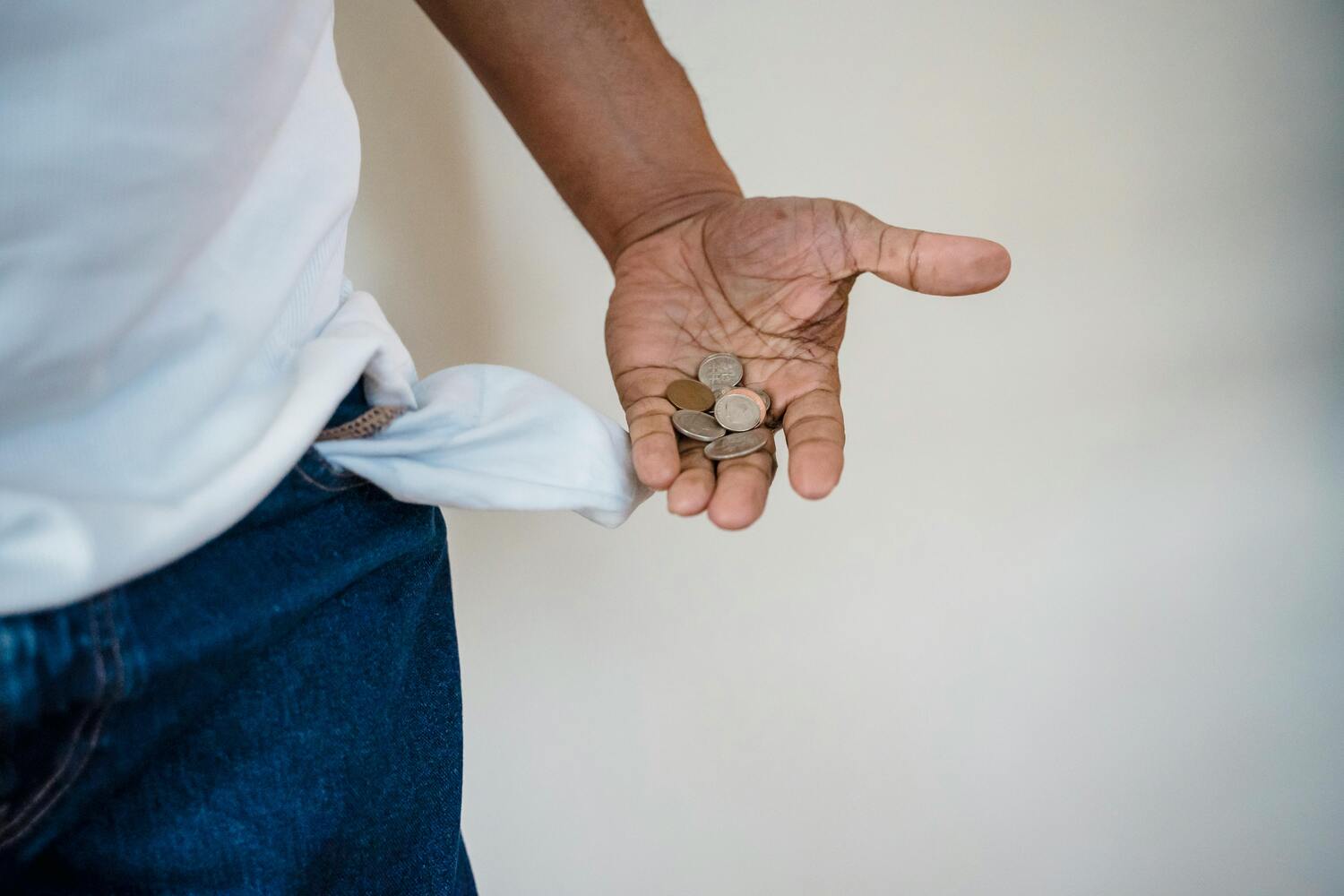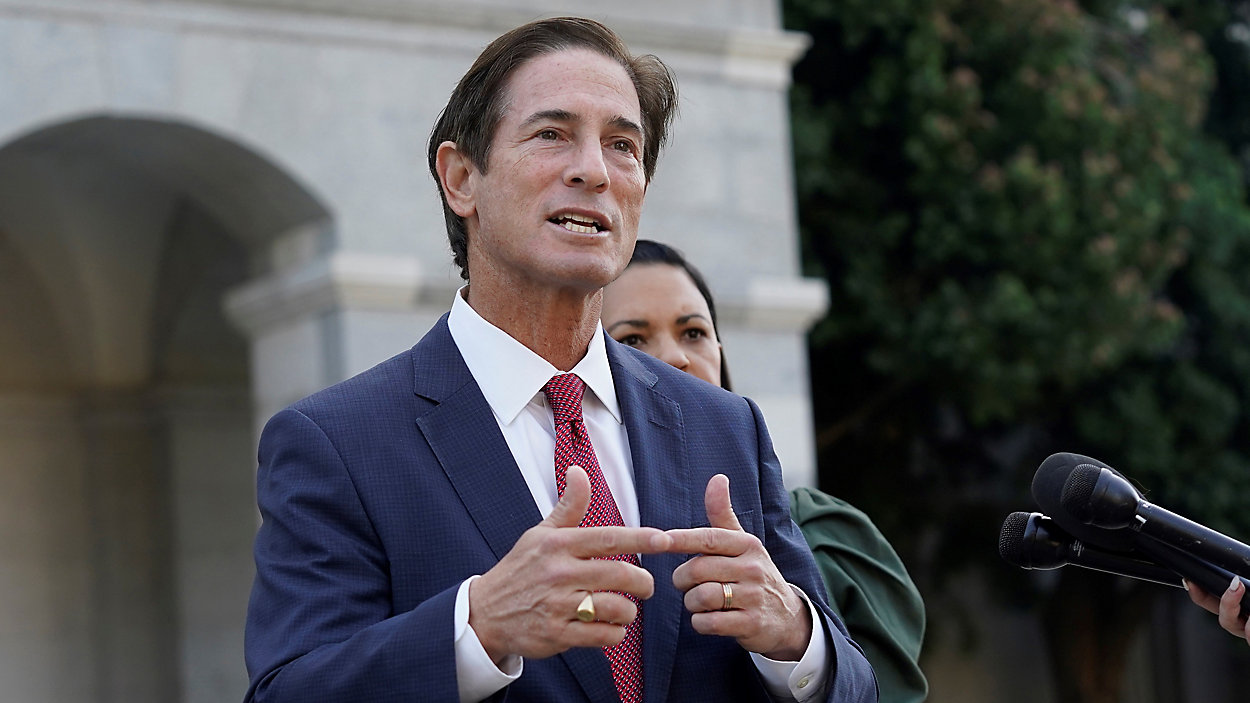Debt is no longer seen as a last resort. Today, it’s rebranded as opportunity, self-care, and empowerment. Credit card commercials show smiling couples buying new furniture, students “investing” in their future with massive loans, and influencers flaunting luxury vacations made possible by “flexible payment options.” Meanwhile, banks and fintech apps pitch you more credit as if they’re handing you the keys to your best life.
But this freedom is an illusion and a very profitable one at that. Behind the glossy marketing lies a harsh reality: debt doesn’t liberate most people. It quietly enslaves them. It promises flexibility but delivers stress. It looks like access, but functions like a leash. If you’ve ever felt the crushing anxiety of a minimum payment that barely makes a dent, or if you’ve woken up wondering how you owe so much for so little, you already know. The promise of freedom through debt is a lie.
How They Sell You the Chains
Debt doesn’t feel like a trap when it’s first offered. It feels like a possibility. That’s by design. Marketers know the psychology: we’re more likely to buy when a product feels emotionally affirming. And few things are more affirming than the idea that you deserve something now, even if you can’t afford it yet.
Credit card companies, student loan officers, and “buy now, pay later” apps frame their products as tools for upward mobility. They don’t say, “Take on risk.” They say, “Take control.” They don’t advertise the interest rates; they spotlight the reward points, cashback, and aspirational lifestyle that comes with using their services.
You’re not borrowing; you’re building. You’re not spending; you’re investing. It’s financial gaslighting at scale. The most dangerous part? It works. Millions sign up believing they’ve taken a savvy step forward. But the terms are often buried in fine print, and the true cost only becomes clear when the promotional rates expire or an emergency derails your payment plan.
When Debt Becomes a Lifestyle, Not a Tool
There’s nothing inherently evil about credit. In emergencies or for major life milestones, borrowing can be strategic. But that’s not how most people use it. Over time, debt transforms from a temporary solution into a permanent crutch. Monthly payments become normalized. Interest becomes background noise. You stop noticing the long-term impact because it’s been cleverly broken into smaller, manageable chunks.
Carrying a balance isn’t a red flag anymore; it’s a way of life. For many, the goal isn’t to be debt-free—it’s to maintain a good enough credit score to keep borrowing. The irony? You become most profitable to lenders when you’re just financially stable enough never to default, but not so stable that you stop needing them.
The Emotional Weight of “Freedom”
Debt marketed as freedom doesn’t just distort your finances. It distorts your mindset. When you believe that freedom means “access to money” rather than “ownership of your money,” you become easy to manipulate. You’re encouraged to think short-term: Can I afford the monthly payment? Instead of asking the real question: is this financially sustainable?
This distorted sense of freedom often leads to guilt and confusion. You bought what the system told you to buy. You followed the steps—credit score, college loan, starter home with a 30-year mortgage—and still feel behind. You’re not “bad with money.” You were given a broken map.
And while you’re busy juggling payments, the system profits. Banks post record earnings. Buy-now-pay-later companies attract billion-dollar valuations. CEOs get bonuses. And you get rewarded with another credit increase as if you’ve won something.

The Cost of Chasing What You Already Own
True financial freedom doesn’t come from leveraging debt. It comes from escaping the need for it. But here’s the hard part: that kind of freedom isn’t glamorous. It means saying no when others say yes. It means delaying gratification in a culture that tells you the future can wait. It means opting out of the race to keep up because you’re playing a different game altogether.
You don’t need a luxury car, the latest phone, or a designer handbag to prove your worth. And you don’t need to finance those things to feel accomplished. The richest people you’ll ever meet often drive modest cars and say no more than they say yes.
Reclaiming Freedom On Your Terms
Getting out of debt or refusing to rely on it is an act of quiet rebellion in a culture that worships consumption. It won’t feel empowering at first. It might feel boring, even backward. But month by month, the trade-offs become worth it.
Imagine your money being yours again. Imagine earning interest instead of paying it. Imagine not needing credit to qualify for the life you want because you’ve already funded it.
This kind of freedom doesn’t come with a flashy ad campaign. It comes from budgeting, saving, and investing. From living below your means. From learning to say, “I can afford it, but I don’t need it.” It’s not flashy. But it’s real.
So, What Now?
If you’ve been sold the myth that debt is a stepping stone to independence, it’s not your fault. But it is your responsibility to challenge that narrative now that you see it clearly.
Ask yourself:
Is this debt improving my life or prolonging the illusion?
Who profits most from my taking on this loan or credit offer?
What would financial peace look like for me without comparisons?
These are uncomfortable questions. But they’re the only ones that lead you to actual freedom, not the kind you’re marketed, but the kind you earn.
Have you ever taken on debt that felt empowering at first but ended up costing you more than you expected? What changed your perspective?
Read More:
Why Many Millennials Will Die With Debt—And Be Blamed for It
Snowflaking: 30 Ways to Snowflake Your Debt Away
Riley is an Arizona native with over nine years of writing experience. From personal finance to travel to digital marketing to pop culture, she’s written about everything under the sun. When she’s not writing, she’s spending her time outside, reading, or cuddling with her two corgis.



























